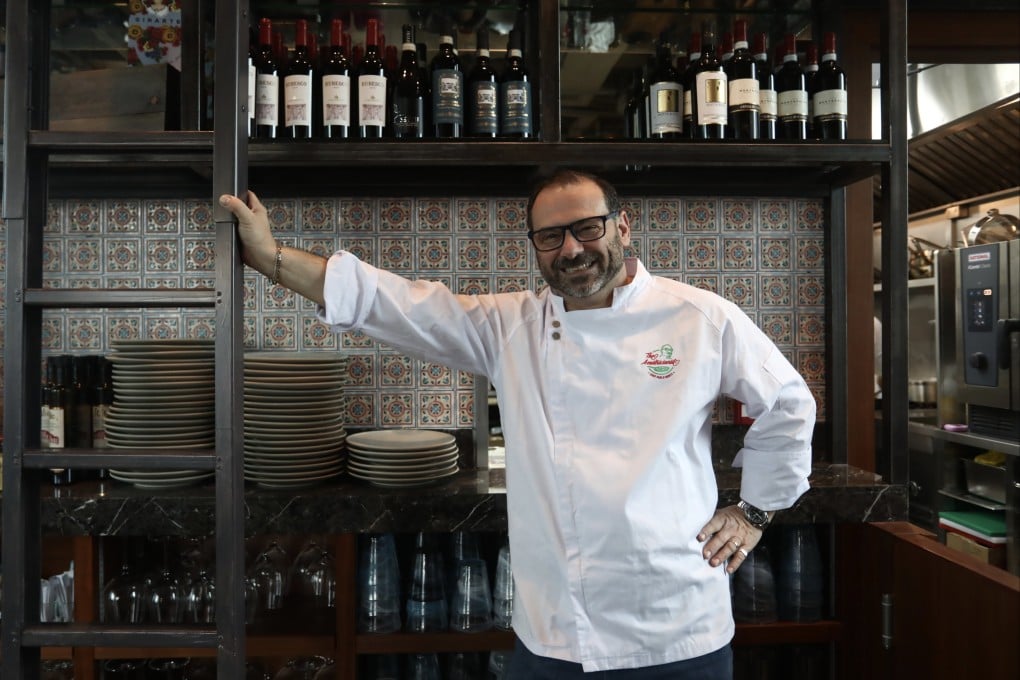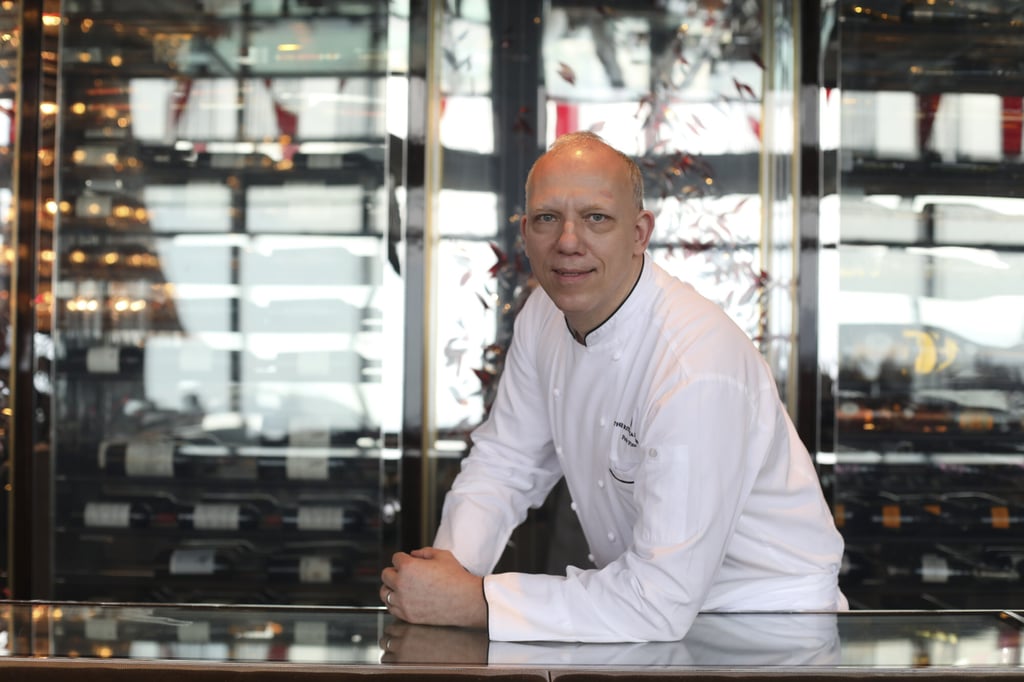Hong Kong chef-owners on seizing the ‘last chance’ to open restaurants of their own despite the raging coronavirus pandemic
- Paolo Monti, two decades at Gaia Ristorante, and Peter Find, over a decade at the Ritz-Carlton Hong Kong, are both opening restaurants in their fifties
- Monti will serve Roman cuisine at Ama Ristorante in Wan Chai, while Find will showcase food from around Germany at Heimat in Central

On the 25th floor of a new building in Hong Kong, Ama Ristorante commands an almost 360-degree view. For chef and owner Paolo Monti, this space on Johnston Road in Wan Chai is a dream come true.
Monti felt now was the time – pandemic or not – to open his own restaurant. “It’s my last chance. If I wait any longer I’ll be too old,” he says. “You have to renew yourself and have the energy to do something new.”

“I’m not getting younger. This is my last chance, otherwise I will regret it,” says the 56-year-old, who had been with the hotel in the ICC Tower in Kowloon since it opened in 2010.
Find is hoping to change people’s perception of German food as being only Oktoberfest dishes like roasted pork knuckle and sausages. These items won’t be found at his restaurant, called Heimat, which means “homeland” in German.